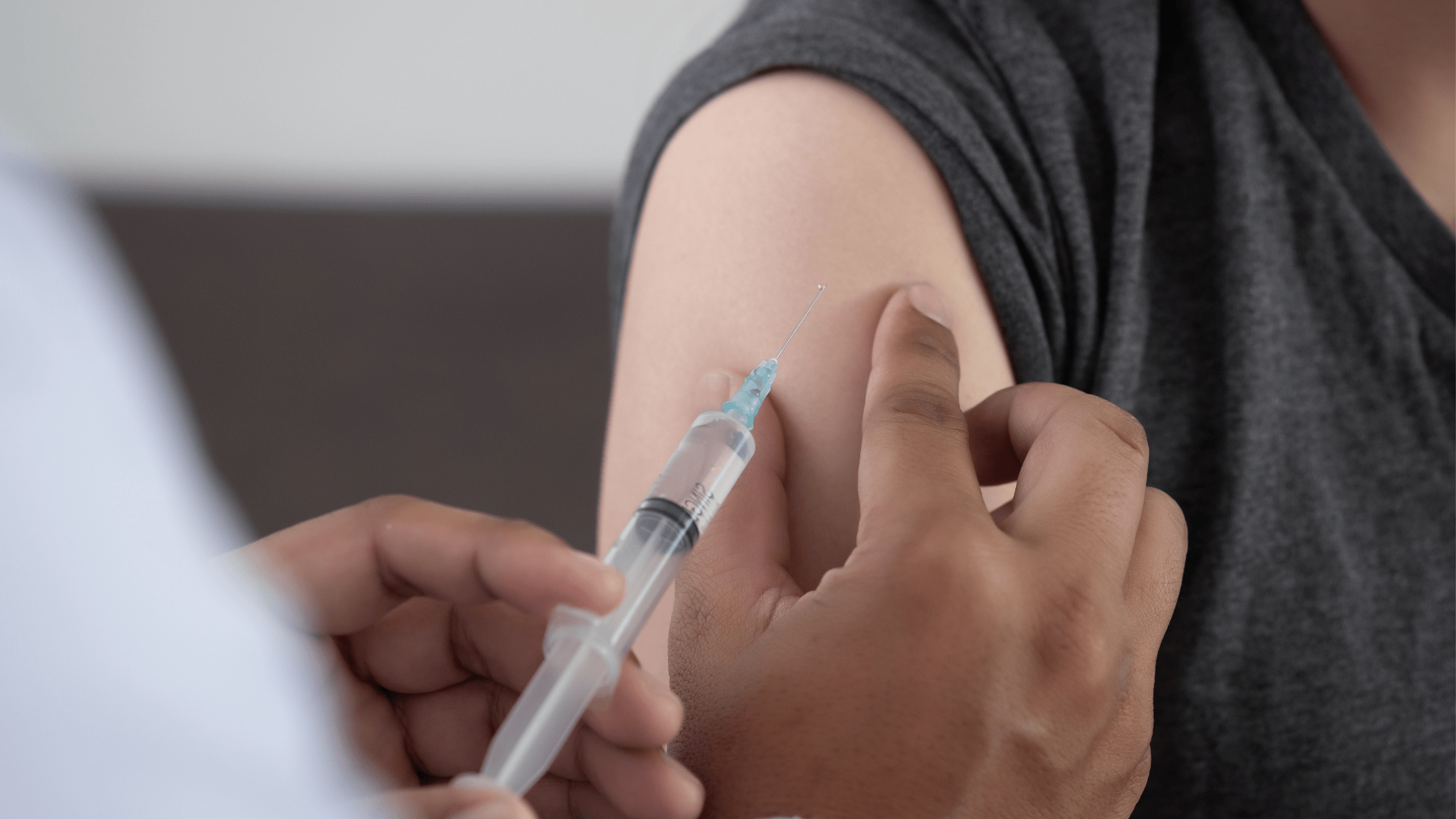Does The Covid Vaccine Affect Fertility, Pregnancy And IVF?

Early on, the level of risk around the vaccine was unknown, but a new review of data by the UK’s health regulator shows that COVID-19 jabs don’t affect fertility or the chance of having a healthy baby.
The Medicines and Healthcare products Regulatory Agency (MHRA) report has found that none of the vaccines rolled out raise the risks of a chemical pregnancy (a baby loss shortly after implantation), miscarriage, and stillbirth. Nor do they impact the ability to have children. It’s reassuring news, given all the scare stories that have been circulating around safety and side-effects.
Could the vaccine be beneficial for fertility and pregnancy?
While people have naturally been concerned about the effects the Covid vaccination might have, it is equally important to consider the risks of avoiding the vaccination and suffering the effects of Covid itself.
Albert Hsu, MD said “Men who are worried about their fertility should probably get the Covid-19 vaccine, as there are some concerns about the potential effect of Covid-19 disease on male fertility.” Concerns have included a possible impact on testicular function and sperm production, as well as some reports of testicular pain after contracting Covid-19.
In response to concern reported after some women experienced vaginal bleeding and irregular periods post-vaccination, the MHRA says any menstrual changes are short-lived and low compared both with the numbers to date who’ve had a jab and the incidence of menstrual disorders in general. The MHRA findings are backed by the Royal College of Obstetricians and Gynaecologists, who point out that nearly 200,000 pregnant women have had a COVID-19 vaccine without suffering health problems. Their latest guidance includes advice that women trying to conceive don’t need to avoid pregnancy after vaccination. So, the message is do go ahead and get yourself jabbed.
Laura Morris MD said “Pregnant women get sicker when they get Covid compared to other people their age and pregnant people with Covid are more likely to experience preterm delivery. The effect of Covid disease on pregnancy is real, and it’s important to prevent.”
Mary Ross-Davie, the RCM Director for Professional Midwifery said they recommend that all pregnant women take up the Covid-19 vaccine. This is because, the benefits of vaccination include:
• reduction in severe disease
• reduction in the risk of stillbirth and prematurity
• potentially reducing transmission to vulnerable household members
As more time has passed since the start of Covid-19, scientists and medical experts have been able to collect and analyse more data from couples going through conception, pregnancy and birth. More research has gone into the effects of both the disease and the vaccine, enabling the medical professionals to be able to give more reassuring advice, backed up by the data.
For couples struggling to conceive during this period, having additional decisions to make, alongside those already associated with infertility diagnosis and treatment options, it will no doubt have caused greater anxiety. Hopefully, the research that has taken place will help to allay your concerns.
Here at the IVF Network, we understand how emotionally challenging it can be to make decisions, when faced with infertility issues. That’s why, on our channel, we have a range of medical experts, giving you the information to help you to make informed choices, through every step of your fertility journey.